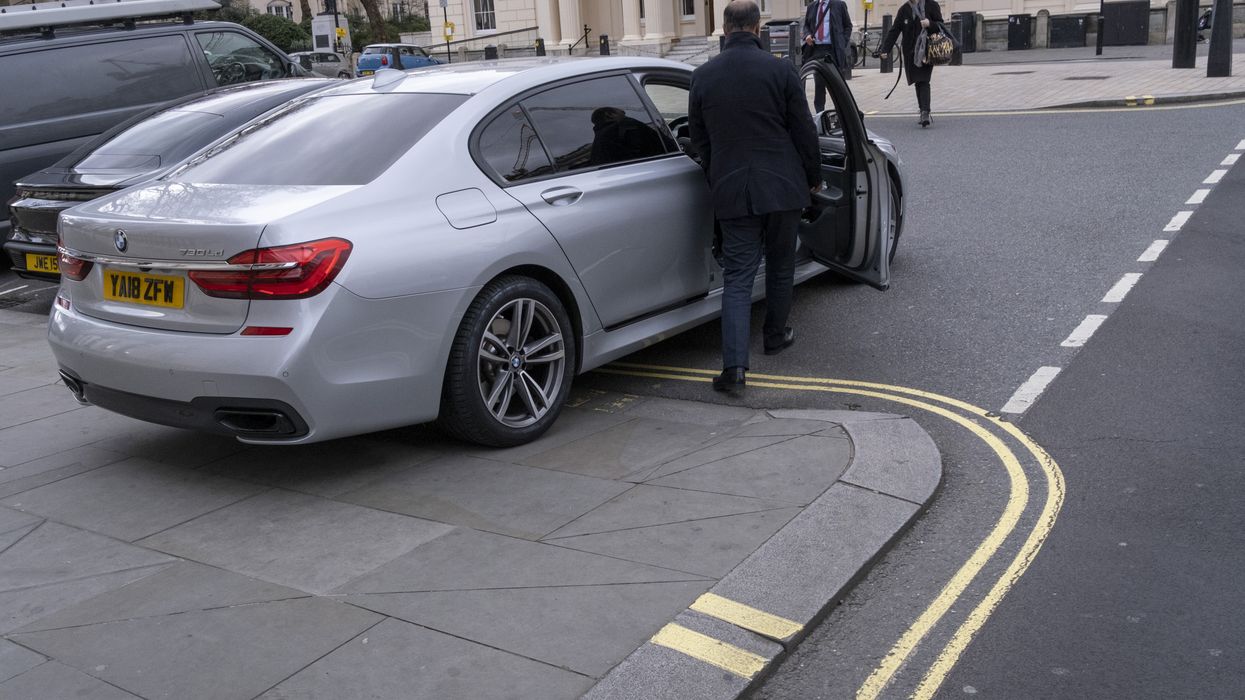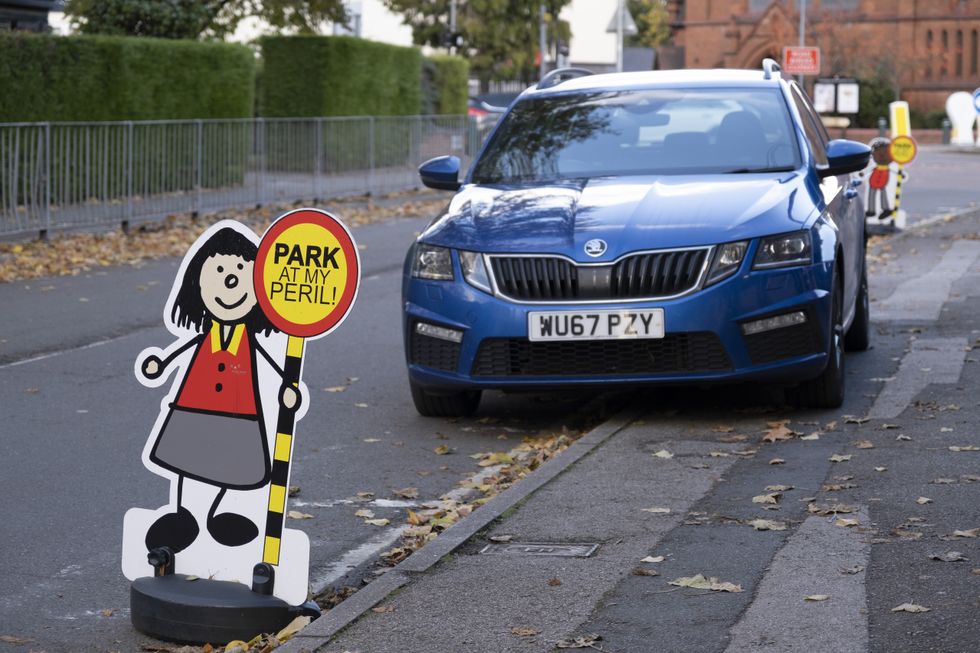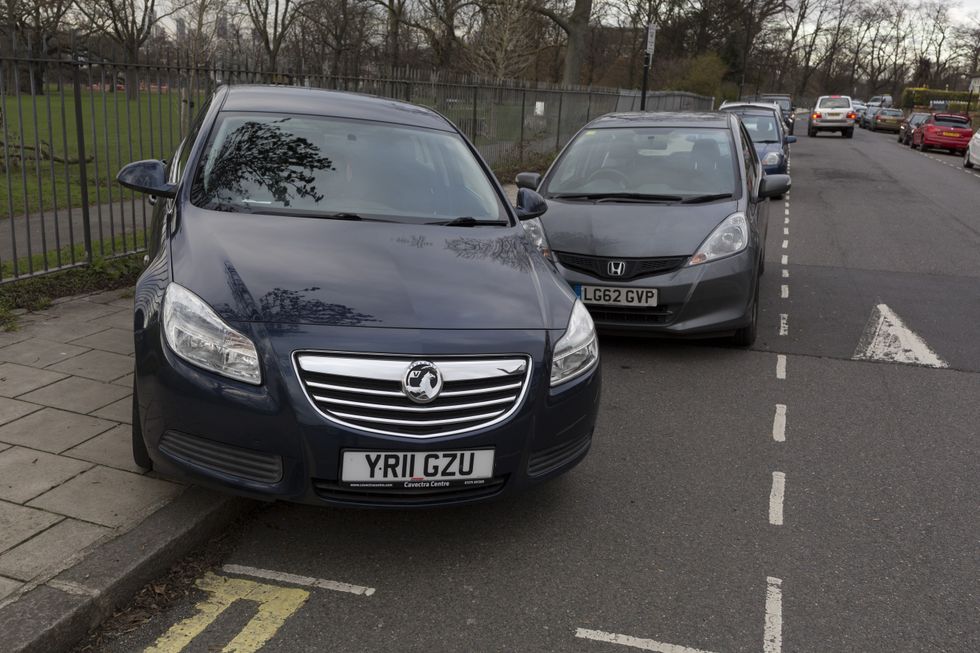Parking law changes set to launch within months could see drivers slapped with expensive fines

Swindon is set to ban pavement parking in the near future
| GETTY
The council stated that fines are set to be imposed from Autumn
Don't Miss
Most Read
Motorists who park on the pavement could now face major fines under new traffic laws issued by a local authority.
Swindon Borough Council has revealed it will start fining drivers who deliberately park on pavements and cause a nuisance to pedestrians.
Under the Road Traffic Regulation Act 1988, the council can introduce restrictions on parking on walkways and verges. Additionally, Section 39 of the Act states that the council can impose a “statutory duty” to promote and improve road safety.
The need for restrictions on pavement parking comes after numerous complaints by residents which prompted the council to act.
Do you have a story you'd like to share? Get in touch by emailing motoring@gbnews.uk

Swindon will enforce the fines under the Road Traffic Regulation Act 1988
| GETTYCouncil documents detailed: “There will be a period of information and advice before formal enforcement commences and any penalty charge notices are issued.
“Proposed areas may be individual streets or groups of streets. While each application will be considered on its own merits it is likely that preference will be given to areas where there are higher numbers of pedestrians – particularly more vulnerable users – such as near schools and health facilities.”
The council explained that pavement parking could “adversely affect” public health and restrict the ability of some people to “get out and about”.
Poor access to amenities can also risk leading to poor physical and mental health, the council warned.
It added: “Social isolation and loneliness are linked to increased mortality. High walkability infrastructure is needed to promote health and is related to healthier weight status, especially in low-income neighbourhoods.
“Pavement parking undermines safe routes to schools and children’s independent mobility – this can lead to children’s lack of physical activity, and in turn increase vehicle movements and congestion as parents drive their children to and from school.”
Pavement parking is currently only banned in London and Scotland and is defined under Rule 244 of the Code, drivers must not park partially or wholly on the pavement in London and should not do so elsewhere unless signs permit it.
“Parking on the pavement can obstruct and seriously inconvenience pedestrians, people in wheelchairs or with visual impairments and people with prams or pushchairs,” the Code described.
However, as more local authorities look to impose similar bans like the scheme in place across London, there has been speculation over whether a nationwide ban could be implemented.
In Scotland, it is illegal to park on the pavement with drivers facing £100 fine for parking on the pavement, at dropped kerbs or double parking.
Swindon Borough Council expects to start the trial ban in Autumn ahead of becoming fully implemented next year.
The council added that roads which will be affected during the trial must consider the “potential implications of enforcement costs” as well as the impact on council staff.
LATEST DEVELOPMENTS:

Drivers can be fined £100 for parking on the pavement
| GETTYPavement parking has been banned in London since 1974. Local authorities outside of London can enforce pavement parking where vehicles are parked in "contravention of existing waiting restrictions".
For example on yellow lines, which also apply to the verge and the pavement, or if the vehicle parked is a "heavy commercial vehicle" with an operating weight of over 7.5 tonnes.










